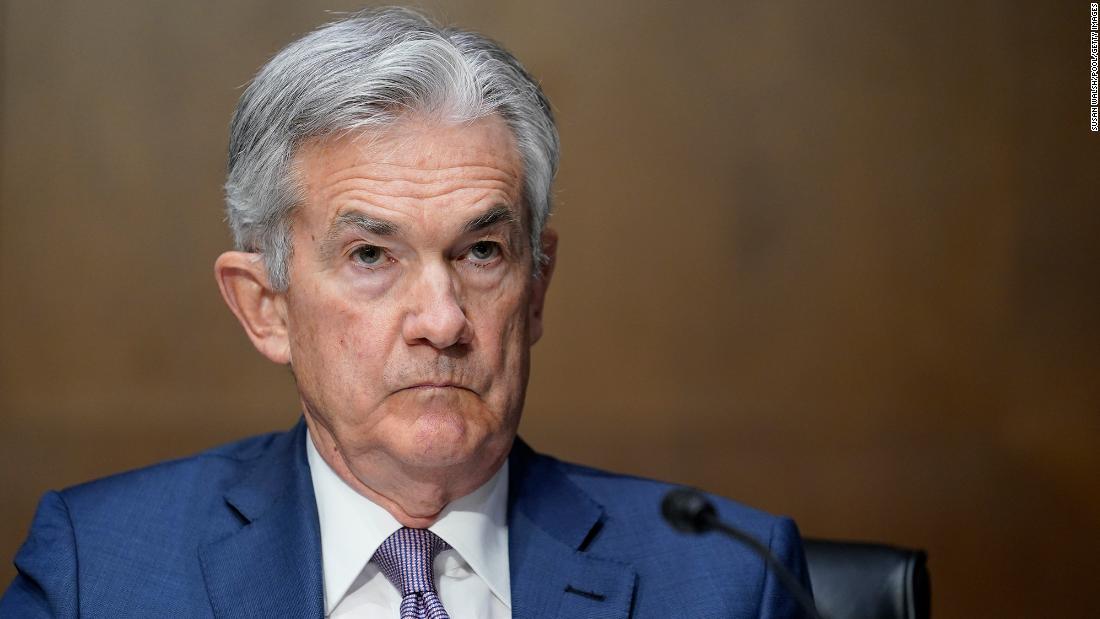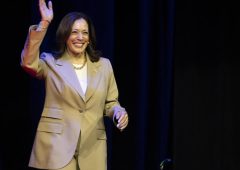Will There be Other Rates Cuts by the Fed?
19.09.2024 18:30 1 min. read Alexander Zdravkov
On September 18, the US Federal Reserve made a notable move by cutting interest rates by 50 basis points, marking the start of a new easing cycle.
Fed Chair Jerome Powell explained that this decision was based on the economy’s overall strength and a belief that inflation will soon align with the 2% target.
Despite concerns about job market stability, Powell reported no significant increase in unemployment claims or layoffs.
The Fed plans additional cuts, with two more 25-basis-point reductions this year and further decreases in 2025 and 2026.
Economist Alex Krüger sees this move as a sign of proactive management, with positive implications for both stocks and cryptocurrencies.
Following the announcement, the stock and crypto markets, including Bitcoin, saw gains.
Krüger also noted that Bitcoin’s performance could be influenced by the upcoming US presidential election, advising investors to watch for potential changes based on election outcomes.
-
1
Trump Targets Powell as Fed Holds Rates: Who Could Replace Him?
27.06.2025 9:00 2 min. read -
2
U.S. PCE Inflation Rises for First Time Since February, Fed Rate Cut Likely Delayed
27.06.2025 18:00 1 min. read -
3
Key U.S. Economic Events to Watch Next Week
06.07.2025 19:00 2 min. read -
4
Gold Beats U.S. Stock Market Over 25 Years, Even With Dividends Included
13.07.2025 15:00 1 min. read -
5
U.S. Announces Sweeping New Tariffs on 30+ Countries
12.07.2025 16:30 2 min. read
US Inflation Heats Up in June, Fueling Uncertainty Around Fed Cuts
U.S. inflation accelerated in June, dealing a potential setback to expectations of imminent Federal Reserve rate cuts.
Gold Beats U.S. Stock Market Over 25 Years, Even With Dividends Included
In a surprising long-term performance shift, gold has officially outpaced the U.S. stock market over the past 25 years—dividends included.
U.S. Announces Sweeping New Tariffs on 30+ Countries
The United States has rolled out a broad set of new import tariffs this week, targeting over 30 countries and economic blocs in a sharp escalation of its trade protection measures, according to list from WatcherGuru.
Key U.S. Economic Events to Watch Next Week
After a week of record-setting gains in U.S. markets, investors are shifting focus to a quieter yet crucial stretch of macroeconomic developments.
-
1
Trump Targets Powell as Fed Holds Rates: Who Could Replace Him?
27.06.2025 9:00 2 min. read -
2
U.S. PCE Inflation Rises for First Time Since February, Fed Rate Cut Likely Delayed
27.06.2025 18:00 1 min. read -
3
Key U.S. Economic Events to Watch Next Week
06.07.2025 19:00 2 min. read -
4
Gold Beats U.S. Stock Market Over 25 Years, Even With Dividends Included
13.07.2025 15:00 1 min. read -
5
U.S. Announces Sweeping New Tariffs on 30+ Countries
12.07.2025 16:30 2 min. read


